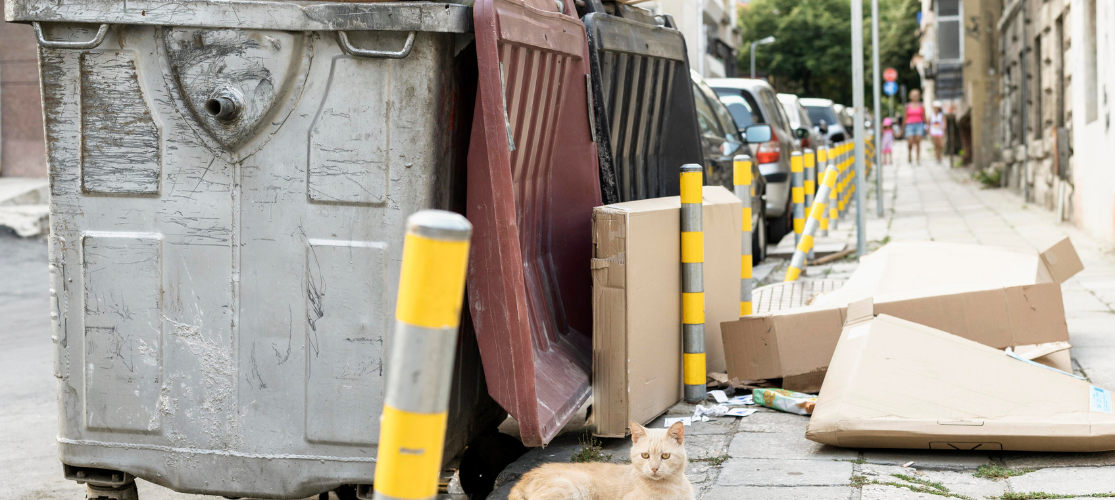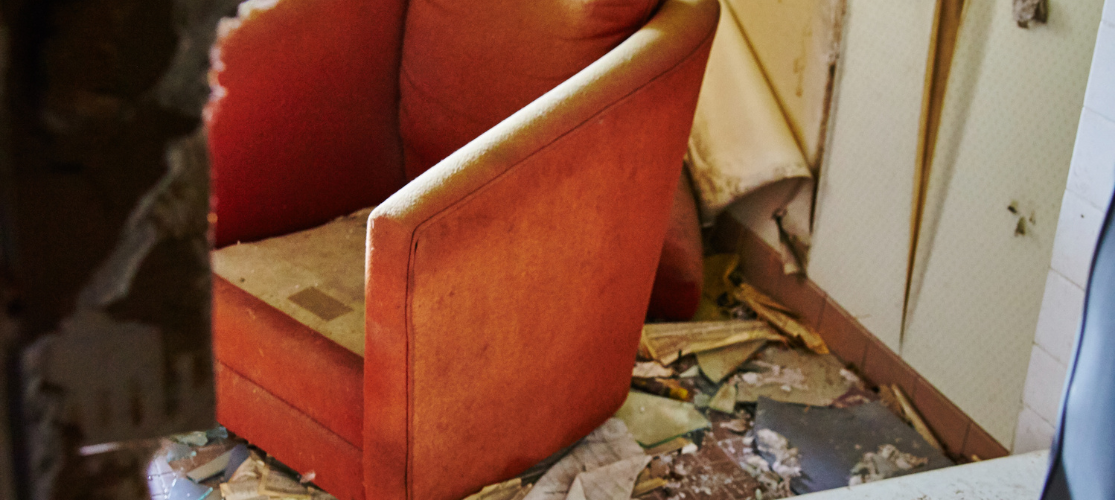We are taught the three R’s – Reduce, Reuse and Recycle – from a young age, as the three ways of handling our waste properly, always with a particular focus on “recycle”. Yet it seems that not everyone knows why it’s so important to recycle. By recycling regularly, we can improve the world we live in, as well as our personal health and wellbeing. Here are the main benefits of recycling for you to consider next time you’re sorting out your rubbish:
Reducing Pollution
A lot of what we throw away ends up in landfills. This is particularly problematic when most of this waste can’t decompose, because it isn’t made from environmentally-friendly materials. This is particularly notable with plastics, which are typically made from petroleum. While this can be recycled, if it is thrown away instead, it would most likely be incinerated. This causes harmful toxins known as greenhouse gases to enter the air, which can be damaging for the respiratory health in human beings. Furthermore, some animals may accidentally mistake these plastics for food when scourging and can become sick, choke or die from ingesting them. By recycling plastics and other materials correctly, we can reduce incineration, improving the health and wellbeing of people and animals alike.
Additionally, when we put waste in landfills, it takes up valuable space while causing damage to our ecosystems, making habitats for wildlife unsafe.
Ecosystems and Wildlife: Restore and Protect
A key benefit of recycling is that it helps us to protect our wildlife and restore our ecosystems. Recycling reduces the amount of resources we pull out from the earth, as we can instead reuse ones we have previously extracted for use. By recycling and reusing existing resources, we can reduce the amount of destruction we are currently causing to natural habitats.
When we destroy an animal or plant’s habitat, it can become an at-risk species or die out. This is becoming more prevalent as we continue to use landfills, taking away their homes and putting harmful waste in easy reach for them. Animals in particular could also become sick from any toxins they ingest from waste, or may starve or dehydrate if they cannot find food they identify as safe. By reusing materials, we do not have to damage any habitats to reach new resources, such as cutting down trees to make paper, when existing paper can be easily recycled.
If we take less from our ecosystems and reuse what we already have, then we may have a chance to help any habitats that are currently struggling grow back effectively.
Reduces Demand for New Materials
When you recycle properly, it allows old materials to be reinvented and reused for new purposes. This is highly beneficial for our planet, because it allows us to keep our natural resources in full supply instead of overusing them and risk running out of them. There are some materials that are damaging to use too much of, or remove lots of from their habitat, such as cutting down trees for wood.
Some materials are dangerous and harmful to access, such as certain metals, which are found through mining. Other materials, such as sand to make glass, are running low in their availability in the world, so we need to work harder to preserve it in its natural space. By recycling, we are using old materials and allowing new sources to develop and thrive, helping our world and the livelihood of people and animals who live here.
Recyclable Materials
In order to see the true benefits of recycling properly, you need to know which materials are recyclable, so that you can handle them properly:
- Wood
- Paper
- Metal
- Cardboard
- Glass
- Green waste, such as soil, branches and grass cuttings
- Plastics with low resin codes
A lot of these materials can simply be put in your recycling bin to throw away. However, some materials may be more challenging to recycle, such as green waste, metal and wood.
To recycle green waste or wood, you may want to consider using a tonne bulk bag to transport it to the correct facility for it to be recycled. Recycling metal can come in different forms, from recycling tin cans to wanting to scrap a vehicle. For everyday metal products, these can easily be recycled alongside your other collection waste. However, you may want to consider a metal reclamation company such as ours, where metals are produced from scrap for future usage.
Ways to Recycle and Reuse Products
Your local council will provide you with a recycling bin for your property (although if there is not one with your property when you move in, contact your local council to get one). You may then fill this bin with the appropriate waste and put it out on the collection days as displayed on your local council’s website. You will also be provided with a separate box or container where you may recycle glass, such as bottles and jars, which can also be collected.
However, the rest of your recycling has to be managed by you. Aside from glass, always try to fold or compress your recyclables so that you have more room to fill your bin. You may choose to repurpose products you’ve bought, to save money instead of buying new things, as well as to help the environment. There are also little things you can do each day, such as only buying products with packaging made from recyclable materials, using both sides of paper when you print,and finding out where you need to go to recycle batteries.
If you have small children, you may want to encourage them to recycle too. You may find resources online where you can find simple, fun crafts to work on together, where you can use old recyclables to create fun new art pieces, toys or other projects.
How E.J Shanley & Son can help
During our decades of work as a company, we have seen how people choose to throw away their waste and how it impacts our environment. Here at E.J Shanley & Son, we want to be part of the solution and help people part ways with their waste properly. Discover our services here to see how we can help you get started with your journey to recycle more and see its benefits.


